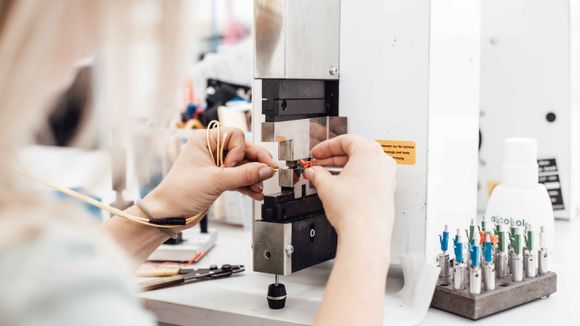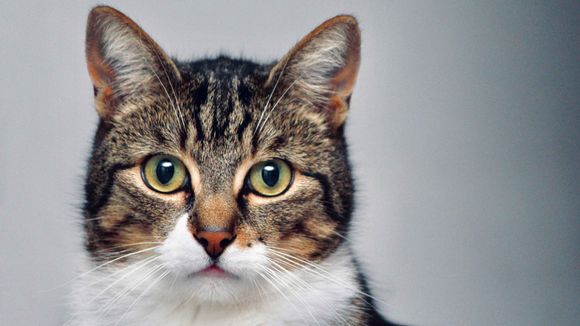"Good" bacteria and resistant Staphylococcal Infections
The methicillin-resistant Staphylococcus pseudintermedius (MRSP) is an important emerging zoonotic pathogen that causes severe skin infections. In a new study, scientists analyzed a collection of different species of Staphylococcus from domestic dogs and cats for antimicrobial activity against MRSP. They have successfully isolated a unique strain — Staphylococcus felis C4 — from cat skin that inhibits MRSP and multiple gram-positive pathogens. 1
The study of these properties shows that one day we could use such antibodies to potentially treat infections in humans as well as in other animals. This approach is a type of bacteriotherapy — using "good" bacteria that are known to provide various health benefits to protect against "bad" bacteria (or pathogens). This is the necessary balance to which scientists are constantly making efforts through their scientific developments.
The results of the study suggest that the good bacteria found in cats offer strong protection against MRSP — not only in mice, as shown in this case, but potentially also in humans, who can also ingest the good bacteria.
Some highlights of the study

Whole-genome sequencing and mass spectrometry revealed several secreted antimicrobials, including thiopeptide bacteriocin micrococcin P1 and phenol-soluble modulin beta (PSMβ) peptides that exhibit antimicrobial and anti-inflammatory activity. [ref. 1]
Fluorescence and electron microscopy as research methods reveal that S. felis antimicrobials inhibit translation and disrupt bacterial but not eukaryotic cell membranes. Competitive experiments in mice showed that S. felis significantly reduced skin colonization of MRSP, and antimicrobial extract of S. felis significantly reduced necrotic skin injuries from MRSP infection.
We know about MRSP that they can jump between species – they are known to cause eczema in dogs, cats and humans. As mentioned, the methicillin-resistant strain does not respond to common antibiotics and they do not work for treatment.
Scientists found that the multitude of antibiotics naturally produced by S. felis were enough to break down the walls of MRSP cells, killing the pathogen. On closer analysis, S. felis proved to be a very effective means of combating persistent Staphylococcus pseudintermedius.
Tests with S. felis on mice that had been infected with MRSP showed a decrease in redness and size of infection. Further observation indicated less viable MRSP bacteria remaining on the skin after treatment.
Also, this bacteria is particularly effective against antibiotic resistance: it produces four different antimicrobial peptides that work together to make it harder for the MRSP pathogen to resist. As next steps, the researchers want to test their work on dogs before it reaches for use in humans.









